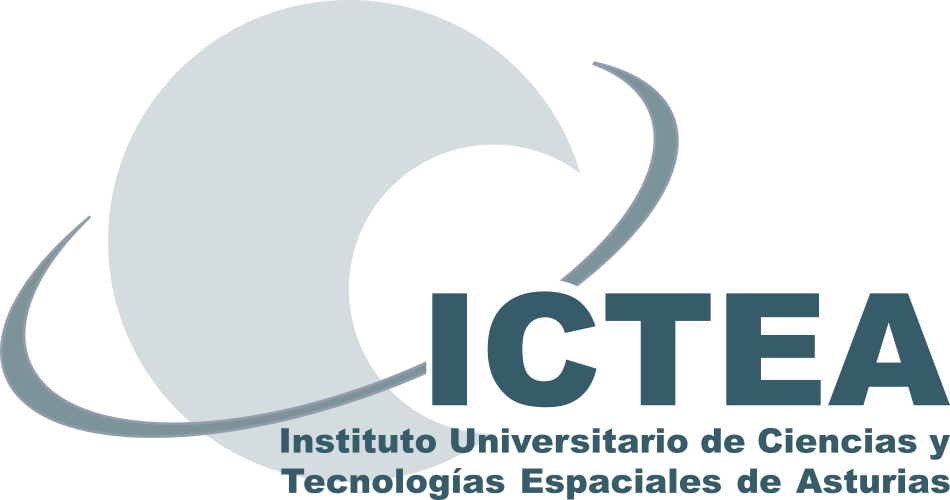Ponente
Descripción
One of the key concepts of any analysis in High Energy Physics is the search for a more precise measurement to have a result more reliable and more compatible with the actual process. To achieve this, it is necessary to develop different techniques to identify the objects that make up the analysis. In particular, for the proton-proton collisions produced in the Large Hadron Collider (LHC), one of the main objects of study is the leptons, and specifically in the Compact Muon Solenoid (CMS) experiment, the muons.
The muons are mainly identified by the trace they leave behind as they pass through the detector.
With this information, the muons can be arranged in several categories depending on how well identified they have been. These categories have different characteristics like greater efficiency, i.e. the number of muons that are really muons with respect to all the muons identified, or more events with these leptons, and hence, less efficiency and less confidence.
A new technique based on a multivariate analysis (MVA) will be presented along with its performance in the two main data-taking periods of the LHC, the Run 2 and Run 3, and it will be compared with the main strategy used nowadays, the cut-based identification which involves a criteria-based selection of trace parameters.

